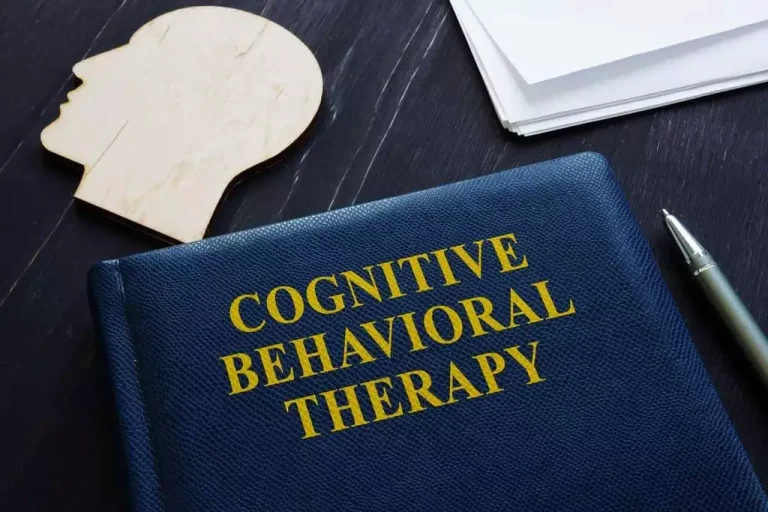Beer Allergy: Symptoms, Causes, and Treatment

You might also react to certain alcoholic beverages if you have a histamine or sulfites intolerance. In very rare cases, reactions to alcohol may be a sign of Hodgkin’s lymphoma. If you suspect an allergy or food sensitivity is to blame, it’s worth getting tested or consulting with a healthcare provider to identify the specific cause.
- If your symptoms linger or get worse, let your healthcare provider know.
- If you’re wondering how to prevent a stuffy nose after drinking, try drinking water before, during, and after consuming alcohol.
- “There are many possible reasons that alcohol may cause unpleasant symptoms that are not allergic in nature,” says Shaw.
- If you have a sulfite allergy, you will have symptoms when you drink beer.
Sudden Alcohol Intolerance? Here’s What You Need to Know

It’s a type of nonallergic rhinitis, where your nose gets inflammation but not because of an allergy. If you’ve been asking yourself, why do i sneeze when i drink alcohol? Rinsing your nose with salt water or a saline solution will help to soothe the mucous membranes in your nose and reduce inflammation. If you find that warm drinks make you sneeze, try chilling them before you drink them.

Mayo Clinic Press
Although alcohol intolerance usually isn’t a serious issue as long as you don’t drink alcohol, you might want to discuss it with your doctor at your next appointment. Here’s some information to help you get ready for your appointment. If your favourite tipple leaves your cheeks burning, then yes – you may well have an alcohol sensitivity or intolerance, says nutritionist Jade Taylor, of Kitchen Home. Your brain adapts to alcohol over time and can become less sensitive to its effects. Are you wondering whether your drinking is on the high side of normal or if it’s crossed the line into a problem? If any of the following scenarios seem familar, it might be time to make some changes.
How is alcohol allergy diagnosed?
People may also have an allergic reaction to specific ingredients in alcoholic drinks rather than the alcohol itself. If you’re allergic to another ingredient contained in certain alcoholic products, switching to a different drink might be an option. For example, barley is typically found in beer but not wine.
- It turns alcohol into acetic acid, a main component of vinegar, in your liver.
- Just as grapes can become wine, table fruit that becomes too ripe might contain enough alcohol to cause a reaction in someone with an alcohol allergy.
- Some people with asthma find that their breathing is affected when they drink alcohol.
- Here’s some information to help you get ready for your appointment.
- Plus, get practical suggestions on managing these reactions, whether it’s adjusting your diet, medication, or alcohol intake.
If you have symptoms after drinking beer, but not after drinking wine or other alcoholic beverages, it’s not alcohol intolerance. More likely, you’re allergic to or sensitive to a particular ingredient in that beer. Dilated blood vessels can cause inflammation and swelling in the nasal passages.

Does Taking Pepcid Before Drinking Prevent Alcohol Flush Reaction?
If you’ve ever experienced anaphylaxis after drinking beer, it’s important that you determine which ingredient caused it so you can avoid it all together. Ask your doctor if you should carry a prescription epinephrine pen. Alcohol allergies can cause your throat to feel tight, as if it’s closing up a bit. You can experience wheezing, shortness of breath, and coughing fits because of this, says Dr. Glatter. “Development of hives or red bumps are commonly due to a reaction to histamines that can’t be broken down,” says Dr. Glatter. It’s the inability to metabolize these histamines that can cause an allergic reaction or flare-up, he says.
It appears to be a unique reaction experienced by individuals based on their own sensitivities. The temperature of the alcohol itself is not a significant factor in inducing sneezing. However, if an individual is sensitive to temperature changes in their nasal passages, it may contribute to sneezing. No, not everyone experiences sneezing after consuming alcohol. If you’ve realised that your body is suddenly intolerant to alcohol, don’t worry—there are steps you can take to manage it and still enjoy your social life.

As you get older, you might notice that your body starts to handle alcohol differently. This isn’t just your imagination—it’s actually a natural part of aging. If your body can’t https://ecosoberhouse.com/ do this well enough, you will have a reaction. Alcoholic beverages are made from complex mixtures of grains, chemicals, and preservatives that your body needs to break down.
Can you be tested for an alcohol allergy? Are there treatments?
- Symptoms of an allergy or intolerance to beer may occur because you have a sensitivity to an ingredient in beer.
- If you’re sneezing a lot and you’re not sure why, you could have an allergy to something new in your environment.
- According to Dr. Daniel Hall-Flavin of the Mayo Clinic, “it’s best to avoid combining antidepressants and alcohol. It may worsen your symptoms, and it can be dangerous.”
- This will help you avoid that ingredient in other products.
- The temperature of the alcohol itself is not a significant factor in inducing sneezing.
This distinction is essential and one that needs clarification before we talk about ways to help your intolerance to alcohol. The reason for this is that the consumption of alcohol can sometimes lead to fatal consequences for people with a real ethanol allergy, as opposed to a mere intolerance. If you have this variant, it causes your body to produce less active ALDH2. Some people with alcohol intolerance find that certain types of alcoholic beverages make this symptom worse compared to having other drinks. Many report that red wine, in particular, can make a stuffed up nose much more likely than compared to other drinks like vodka or rum.
